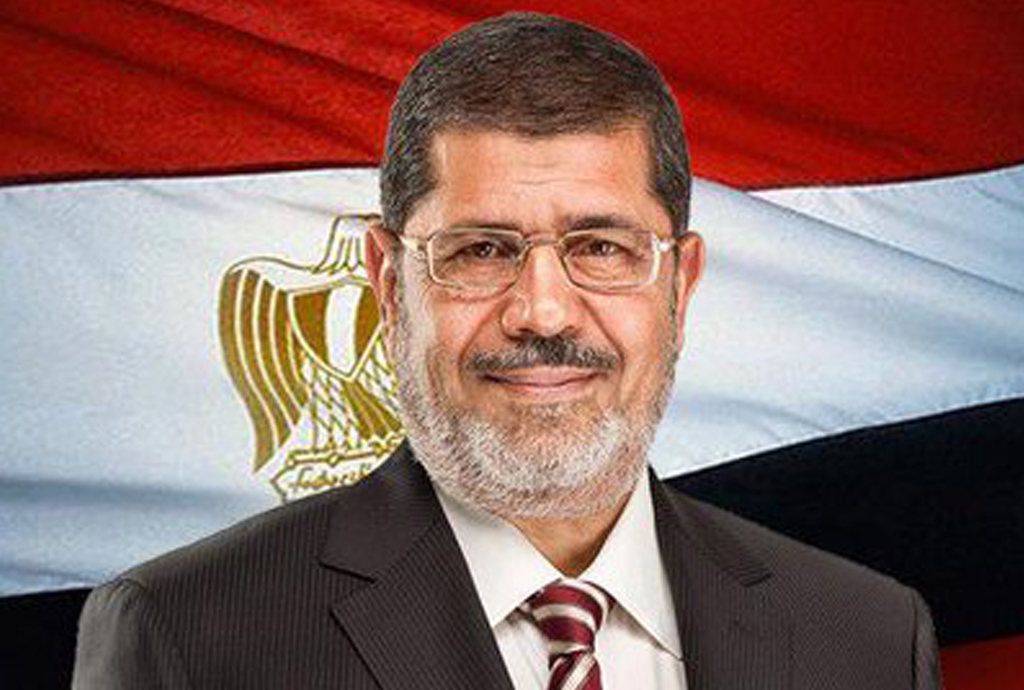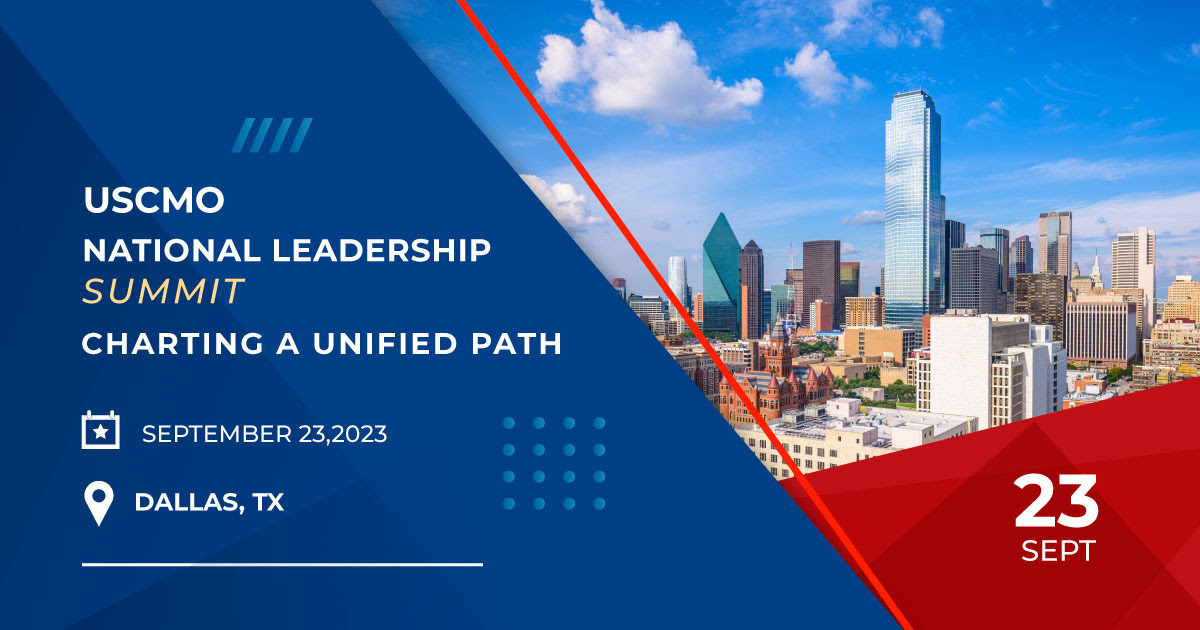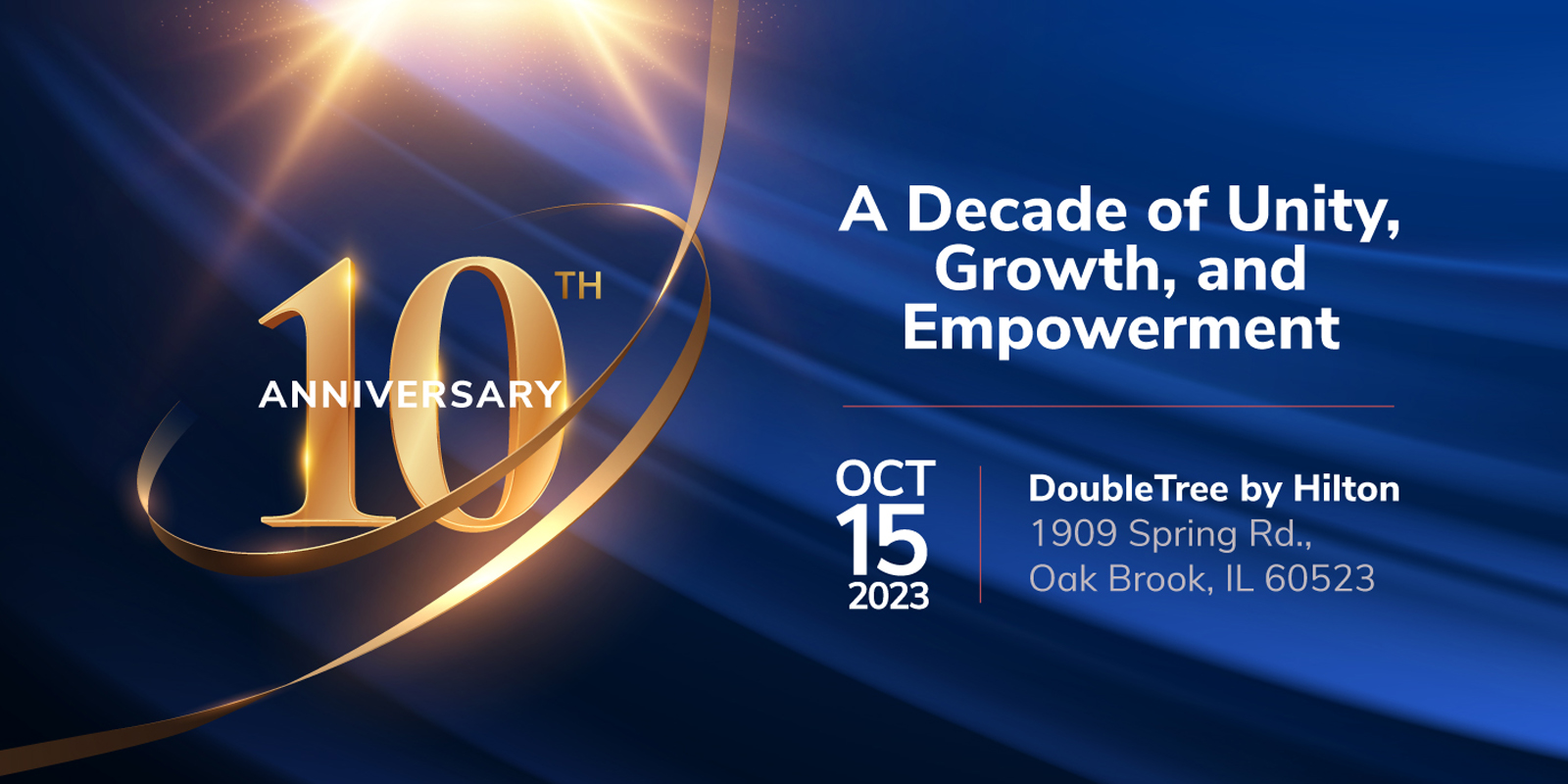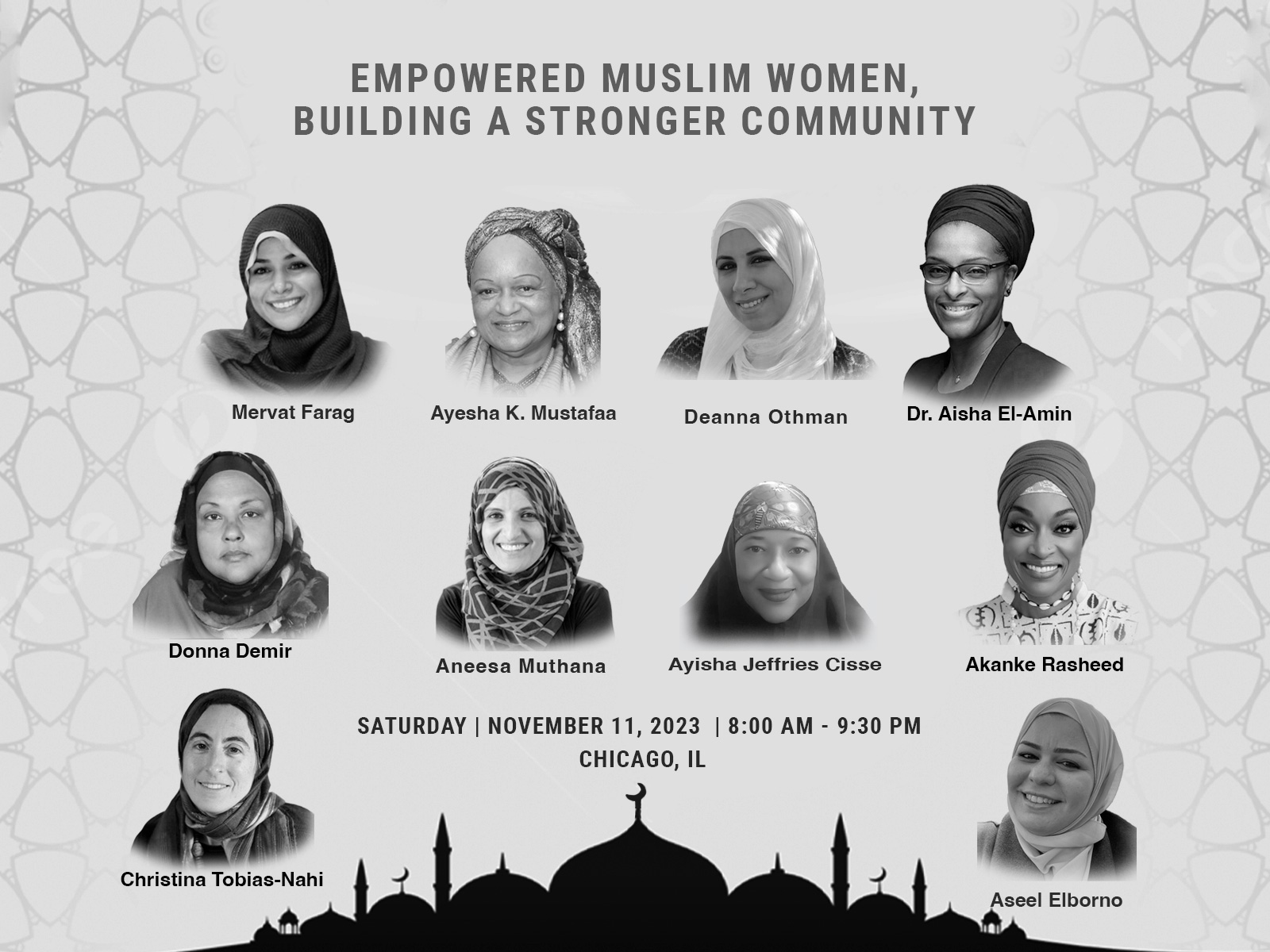|
(WASHINGTON, DC, 6/17/2019) – The US Council of Muslim Organizations (USCMO), our members, and the entire American Muslim community express our heartfelt condolences to the family, loved ones, and the Egyptian people for the suspect death yesterday of Mohamed Morsi, the first and only duly elected president in Egypt’s history, who gave his last breath as a political prisoner and victim of persecution defending the freedom and right to dignity of his people. To God we belong, and to Him we return. May God admit him with the truthful, the martyrs, and the righteous into His Gardens of Eternity, beneath which rivers flow.
Tragic as President Morsi’s death is Human Rights Watch Middle East Director Sarah Leah Whitson correctly called it “terrible but entirely predictable” given Egypt’s ruling military junta’s “failure to allow him adequate medical care, much less family visits.” Morsi’s family continually noted his ill health because of the harsh conditions of his imprisonment, including years of solitary confinement.
Egypt’s military dictatorship would feign innocence for Morsi’s death, but as Amy Hawthorne, research director at the Project on Middle East Democracy, points out: “What is known is that Morsi suffered from chronic diabetes and was repeatedly denied medical treatment in inhumane conditions.”
Last year President Morsi’s youngest son, Abdullah, said in an interview with Agence France-Presse that Egypt’s ruling military junta was withholding medical treatment for his political prisoner father’s chronic illnesses, including high blood pressure and diabetes.
USCMO officers and members second Amnesty International’s statement calling for a full investigation of President Morsi’s treatment in prison. Indeed, the “public” collapse and death of President Morsi in court in his soundproofed cage warrant suspicion beyond medical neglect. Consequently, USCMO calls for an independent forensic autopsy to determine President Morsi’s actual cause of death.
President Morsi’s death – which occurred in the same Islamic lunar month, Shawwal, as the infamous Rabaa massacre of 2013 – brings to the fore the long, darkly complicitous muteness of democracies around the world regarding the blatant betrayal of the Egyptian people’s right to self-rule in democracy and their savage suppression since the military coup of July 3, 2013 – again, amid a deafening silence from democracy’s professed champions of basic human freedoms and equality.
The presidents and prime ministers of the world’s leading democracies have welcomed Egypt’s new Pharaoh to plush sit-downs in lush accommodations and with gushing praise. Yet how briskly they overlooked and even more quickly forgot that Abdel Fatah el-Sisi and his council are responsible for the bloodiest civilian massacre by a government in modern history.
These same vociferously democratic leaders and nations have recently commemorated the 30-year anniversary of the action of youthful Chinese protestors for democracy in China’s Tiananmen Square and the subsequent carnage by government troops on June 4, 1989.
Credible estimates put the number of Tiananmen deaths at 400 to 800 in a 24-hour period. Uzbek forces killed a comparable number in the 2005 Andijan Massacre.
Abdel Fatah el-Sisi’s Egyptian troops and operatives slaughtered an unprecedented 817 men, women, and children, each death documented by Human Rights Watch in Rab’a Square alone. Egyptian forces killed these overwhelmingly unarmed and peaceful protesters – and democracy in Egypt – in just 12 hours, between sunrise and sunset, virtually without warning, with probable death estimates exceeding 1,000 murders. This does not include the same-day slaughter of 87 protesters in Nahda Square, and the documented murder of another 246 civilians in the days immediately after the bloodbath at Rab’a.
These systematic, planned and premeditated killings of civilians by Egypt’s military government through unlawful and disproportionate lethal force “likely constitutes crimes against humanity,” according to Human Rights Watch, actionable in both international and many domestic courts under the principle of universal jurisdiction.
In addition, human rights organizations estimate that more than 40,000 political prisoners still languish in Egypt’s notoriously barbarous dungeons.
Meanwhile Sisi has orchestrated a constitutional mockery permitting him to remain “president” of Egypt until 2034 – again, with no word of condemnation from the self-styled Free World’s leaders and administrations.
Morsi’s Nahda, or Renaissance, Project of economic, political, and social elevation and participation for Egypt’s long-suppressed and teaming masses had no chance to take root, blocked by bureaucratic subterfuge from within through the tentacles of an utterly army-corrupted, many-headed hydra of payola ministries; and undermined from without by the Machiavellian machinations of some in the international community.
Yet President Morsi in death makes an indelible impression on Muslims and the freedom longing everywhere. He has borne witness – even unto the last breath – that liberty in one’s practice of faith and way of life within civil society from the oppressive restrictions imposed by illegitimate authority cannot be taken from the breast of the truly free and is indeed worth life itself. For it is even as the Quran tells it: Persecution is far more grievous a sin than killing (Sûrat Al-Baqarah, 2:191).
We ask God to receive Mohamed Morsi with mercy, to comfort his family and loved ones in their loss and great tribulation, and to deliver humanity to justice, fellow feeling, and the upright way.
|
Statement of the US Council of Muslim Organizations on Death of political prisoner and duly elected president of Egypt Mohamed Morsi





